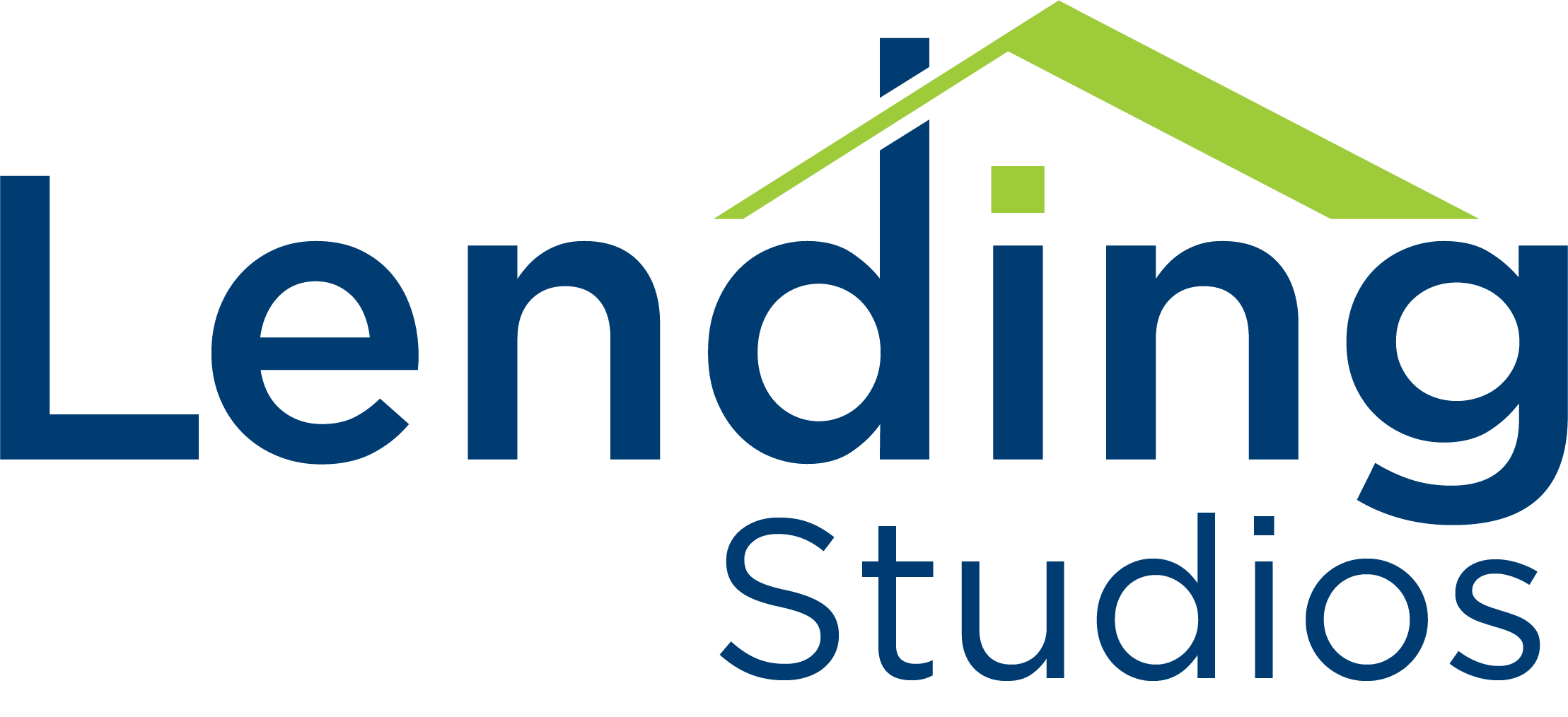How to Find a Lender to Refinance Your Mortgage

Who's Right For You?
Refinancing is an incredible opportunity that people all over the United States take advantage of in order to bolster their financial health. Through the process, you can lower your monthly payment, repurpose your home equity and open doors to more financial success. But a large part of that success starts with finding the right lending agency for your needs. Like with any major financial decision, the company leading you through the process can provide support and help you feel secure in your decision.
To find the right refinancing lender, you’ll need to be cognizant of your needs as a borrower and what’s available through lenders today.
Start Your Refinance Research In the Right Place
Not sure about refinancing yet? Still looking for different lending opportunities? Undecided on the kind of refinancing you want to do?
Check out our resources below to find the best option for you.
The Basics of Refi
Want a Shorter Term?
Choose the Classic
Keep It Simple & Elegant
Get Your Cash Now
Where to Begin
You’ve crunched the numbers, tiptoed around any potential missteps that are commonly made when refinancing, and you’re ready to get started. The most important part of the refinancing process is first finding a lender you trust. Since they’ll be your partner through the whole process, it’s important to research and find a lender that suits your needs. While the bank that you’ve held an account with since you first started banking may seem like an attractive and easy option to access your refinancing through, it’s likely not the best one. Every lender is different and every one offers advantages of their own. Thus, you’re much better off weighing those options.
For example, the right lender will be able to help you save money in fees and on the interest over the life of the loan. A good lender will give you a reliable good faith estimate that you can base your calculations on and the future of your financial security. In short, a good lender will be trustworthy and available to help you access the best available refinancing package.


Easy Steps to Finding the Best Lender For You
Improve Your Credit
Know the Difference Between Loan Officers and Mortgage Brokers
Shop Interest Rates and Terms
Payment Rate Vs. APR
Understand The Lenders Available
First, Improve Your Credit Score
In order to court a high-quality lender, you’ll have to first become the best borrower you can be. That starts with your credit score and your history as a borrower. You’ll increase your chances of landing a lender like Lending Studios if you make an effort to look like an attractive borrower who is reliable and trustworthy. In other words, the less risk you pose to the lender the better deal you’ll get for your refinance.
In general, if you're refinancing with a partner or spouse, the lender will use the lowest middle score between the both of you. So, if one partner’s credit is struggling more than the other, it’s likely a good idea to start trying to improve that first while you’re shopping for lenders for your future refinance.
Refinancing is not a spur of the moment decision, so you’ll have some time to locate a lender that you favor and improve your credit to be as attractive as possible to that lender.
Shop Interest Rates and Terms
Obviously, going straight back to your mortgage lender, especially if you're trying to improve your current borrowing situation, isn’t the best idea. You should collect a couple of quotes, compare multiple different terms before settling with one. Your previous mortgage lender won’t make anything easier for you. They view this as a brand new loan just as any other lender would. Thus, the amount of paperwork, getting to know the lender, and comparing rates will be exactly the same as when you first secured your mortgage. You might as well shop for a better deal if they won’t be saving you time of providing any real, added benefit.
Loan Officers and Mortgage Brokers
There are two types of lenders that you’ll work with: a mortgage broker or a mortgage lender. A mortgage lender is someone that acts as a loan officer and represents the lending institution you’re working with. It’s important to note that these people get paid based on their transactions with you. When working with a loan officer, you’ll need to do your own leg work, rather than taking everything they say at face value.
Mortgage brokers don’t work for lenders. They serve as an intermediary between the lender and you and they’re meant to help you compare the advantages of each lender that you could work with. They’ll help you secure the best rate available and the best terms for your needs. Often, they work for a fee that is paid by the borrower. However, they are also, typically paid by the lender in exchange for bringing business to that lender.
A mortgage broker will be able to help you locate and access a refinance opportunity that is more closely tailored to your needs. They’ll make it easy to compare rates by toggling the amount you intend to borrow, the length of the refinancing terms, and the rate of interest so that you can find the right refinancing option for you. LendingStudios.com, specifically, provides multiple resources and calculators to help you compare rates and get quotes from licensed lenders quickly.
Payment Rate Vs. APR
Financial industry jargon is always an obstacle. You’ll need to understand the vocabulary your mortgage lender is using in order to stay on the same page and really understand the kind of loan that is being offered. Don’t allow the process to seem like a mystery to you. First, start by looking for your payment rate as you compare every single lender and their terms. Your monthly payment, or payment rate, consists of two main components: The principal of the loan and the interest you’re paying on the loan. Separating those two components and understanding exactly how long it will be until you start paying the principal of the loan down is the most important part of finding a refinance loan that works for you.
Understand The Lenders Available
Obviously, refinance loans can be offered by a variety of different financial institutions. Understanding the nature of each of those is a crucial part of understanding what kind of loan you want and what kind of financial institution you want to work with. When shopping for lenders, you’ll find lending options from credit unions, mortgage bankers, correspondent lenders, mutual savings banks, and savings and loans institutions.
Credit unions are member-owned and often offer favorable interest rates to their shareholders, or rather, their members. If you’re already a part of a credit union, if you find a credit union that you’d like to join in order to access their favorable refinancing program, they offer plenty of advantages to their borrowers. However, you’ll have to be a member or become one to qualify at all.
Correspondent lenders can provide you a loan with their own resources but will often end up selling your loan to a larger financial institution.
Mortgage bankers are people who work for a specific financial institution. They package loans together for the bank’s underwriters to consider and approve.
A mutual savings bank and savings loans are both considered “thrift institutions.” They are often community-orientated and provide a local lending option. They’re often very competitive and have interests in the bedrock of the community you live in.
While some types of lenders are prone to certain behaviors, financial institutions pride themselves on their versatility. It’s smarter to base your impression of each lender based on the terms and interest rate they’re offering rather than the type of lender they are. However, it can guide your hand when initially shopping.
Explore Your Lending Options Through LendingStudios.com
Ready to start exploring lending options? LendingStudios.com is here to make finding the perfect route for your refinance easy. You can use our various research resources to help you determine the kind of refinancing loan you’d like to seek out and our calculators to help you determine all of the financial details before you start comparing rates. Lending Studios offers an exceptional lending program with versatile options to suit anyone’s needs. Start pursuing your next big financial decision the right way. Discover your lending options with Lending Studios today.
Mortgage Calculators
Quickly predict your monthly mortgage payment and interest with this customizable tool!
Mortgage Resources
Leverage the tools you need to find a borrowing solution that fits your particular needs and budget.
Mortgage FAQs
Get answers to the most commonly asked mortgage questions.




